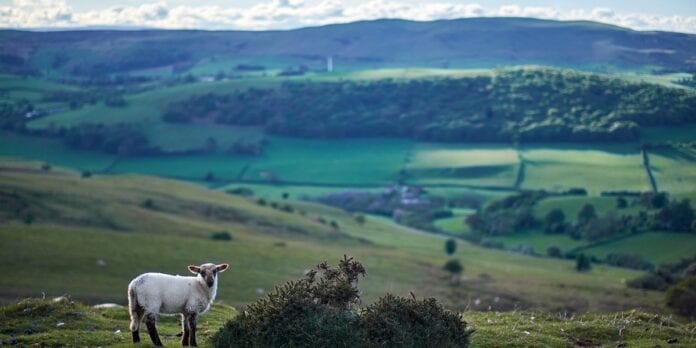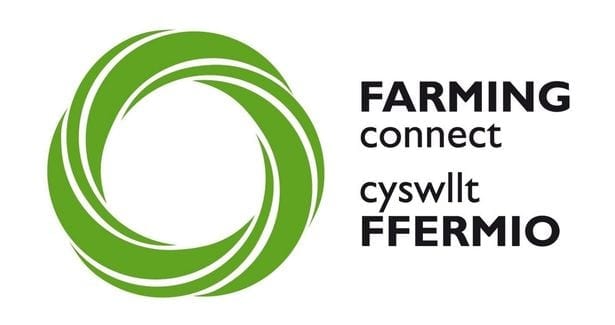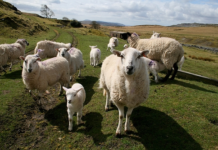Welsh sheep farmers are being urged to embrace good grazing management and rotational grazing to help the industry become more environmentally sustainable.
Dr Catherine Nakielny has used the Farming Connect Management Exchange Programme as an opportunity to research how lamb producers can deliver ‘public goods’ while improving their productive capacity and business resilience.
Dr Nakielny has a lifelong association with sheep and is passionate about the species but admits there are challenges when it comes to sustainable sheep farming in Wales.
Over-grazing reduces wildflower numbers and during periods of high rainfall it can contribute to water run-off from fields.
“Without some consideration to land management decisions, sheep-only farming can also reduce biodiversity as the range of habitats is reduced,” Dr Nakielny concedes.
To survive, sheep farming must therefore work in tandem with the environment and meet government and consumer demands for delivering ‘public goods’, as well as food production, she adds.
Dr Nakielny’s study took her to Ireland, Spain and to several regions of the UK.
A conclusion she drew from her research is that rather than being fearful of change, sheep farmers can expect no downsides to delivering many of the public goods and ecosystem services currently being asked of them in Wales.
In fact, many of the changes required can be linked to tangible increases in both the profitability and resilience of Welsh farming businesses.
“The challenge for farmers and industry organisations will be to develop a system whereby sustainable lamb production can be measured, marketed and potentially branded,” she says.
In the meantime, there are many opportunities to further understand the link between providing public goods and ecosystem services and maintaining a profitable and resilient sheep farming industry.
For instance, good grazing management and rotational grazing have a positive role to play in carbon sequestration and storage whilst easy-to-implement schemes for small-scale tree planting will provide benefits to livestock and the environment too, says Dr Nakielny.
Farmers should also identify systems to provide buffer strips to reduce run-off and to provide habitats, using a range of vegetation types and tree planting.
Dr Nakielny urges the sheep industry to also support and foster collaborative schemes which help deliver catchment management and associated improvement in the efficiency of farming systems.
This could take the form of neighbouring farmers and landowners working together to deliver a wider range of habitats on a bigger scale or upstream farmers tackling water management to reduce the risk of flooding downstream.
The industry and rural communities could also be strengthened through branded marketing opportunities based on a combination of public goods, provenance and support for rural vitality.
“One of the clear messages from visits to Ireland and Spain was the need for farmers to work together,” says Dr Nakielny.
Farming Connect, which is delivered by Menter a Busnes and Lantra, has received funding through the Welsh Government Rural Communities – Rural Development Programme 2014-2020, which is funded by the European Agricultural Fund for Rural Development and the Welsh Government.
Help keep news FREE for our readers
Supporting your local community newspaper/online news outlet is crucial now more than ever. If you believe in independent journalism, then consider making a valuable contribution by making a one-time or monthly donation. We operate in rural areas where providing unbiased news can be challenging. Read More About Supporting The West Wales Chronicle

























